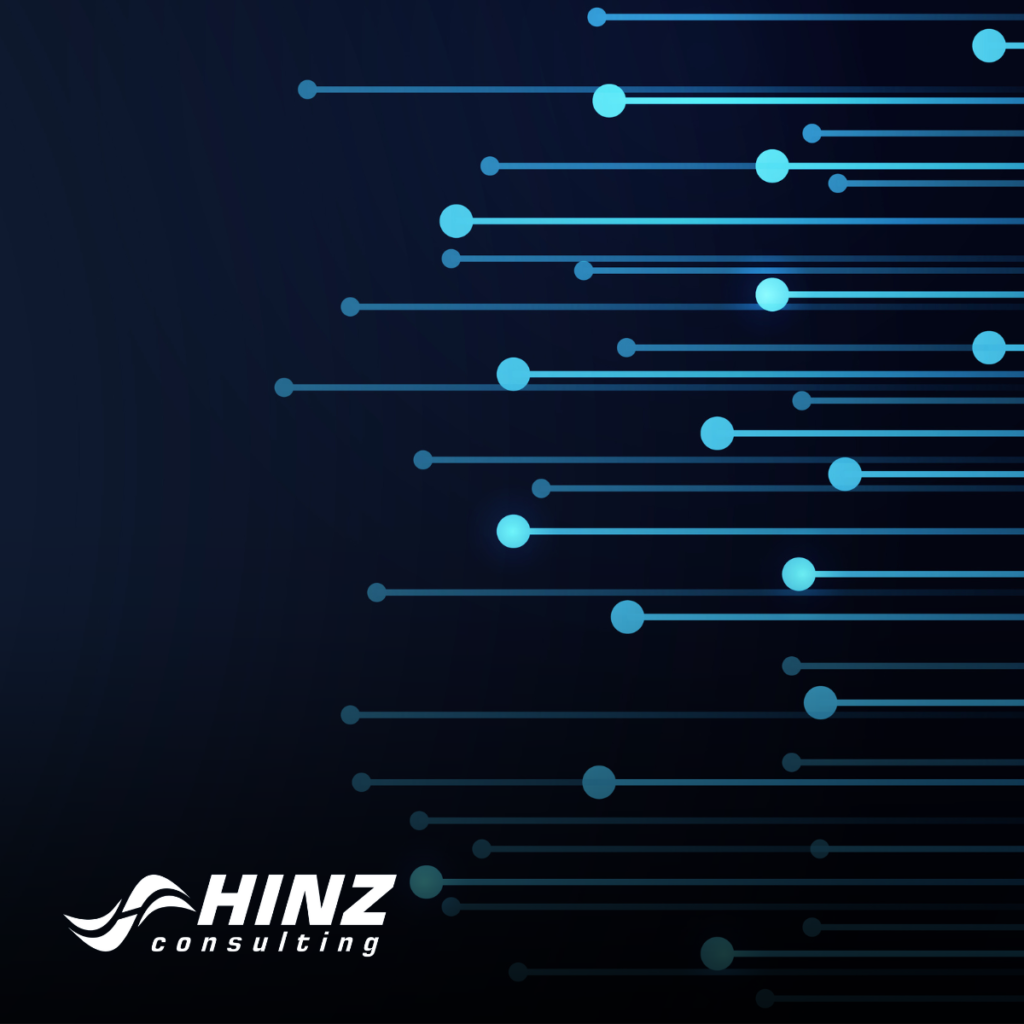AI Proposal Writing: Leveraging AI in Government Contracting

In today’s fast-paced, technology-driven world, businesses and government agencies are increasingly relying on artificial intelligence (AI) to enhance various aspects of their operations. One area where AI has shown immense potential is in proposal writing, especially for government contracts. This blog will delve into the role of AI proposal writing, its benefits, challenges, and future […]
The Benefits of AI in Proposal Writing

Artificial Intelligence (AI) is reshaping the landscape of proposal writing, bringing forth a myriad of benefits that go beyond automation. In this blog, we unravel the game-changing advantages of integrating AI in proposal writing, exploring how these technologies contribute to crafting winning proposals in the realm of government contracts. Improved Efficiency and Time Savings: Streamlining […]
What is AI in Proposal Writing?

Artificial Intelligence (AI) is revolutionizing various industries, and proposal writing is no exception. In this blog, we embark on a journey to unravel the transformative role of AI in proposal writing, exploring its applications, benefits, and the profound impact it brings to the realm of crafting compelling proposals. Understanding AI in Proposal Writing: Demystifying the […]
Government Proposal Writing Software: FAQs Answered

Unlock the mysteries of government proposal writing software with this insightful guide that answers frequently asked questions (FAQs). Whether you’re a government contractor navigating the landscape or a newcomer seeking information, these FAQs provide clarity on the role, benefits, and considerations of using proposal writing software for government contracts. What Is Government Proposal Writing Software, […]
FAQs About AI to Write Proposals

Embark on a journey into the realm of AI to write proposals with answers to frequently asked questions (FAQs). Whether you are a novice exploring the possibilities or an experienced user, this guide provides valuable insights into leveraging AI for crafting compelling proposals. What Is AI Proposal Writing, and How Does It Differ from Traditional […]
FAQs About an AI Proposal Builder

Unlock the potential of an AI proposal builder with answers to frequently asked questions (FAQs) that unveil the capabilities, benefits, and intricacies of leveraging AI in the proposal creation process. What Is an AI Proposal Builder? An AI proposal builder is a technological solution that utilizes artificial intelligence to automate and streamline the proposal creation […]
FAQs About AI Proposal Writing

Dive into the world of AI proposal writing with answers to frequently asked questions (FAQs) that shed light on the role of AI, its integration into proposal processes, and the benefits it brings to the table. What Is AI Proposal Writing? AI proposal writing involves leveraging artificial intelligence tools and technologies to automate and enhance […]
FAQs of an AI Proposal

In the dynamic landscape of contemporary proposal development, the integration of artificial intelligence (AI) stands out as a transformative force. This blog aims to address frequently asked questions (FAQs) surrounding AI proposals, providing comprehensive insights into the critical aspects that organizations and proposal teams need to comprehend. What is an AI Proposal? An AI proposal […]
Proposal Generation: A Comprehensive Guide

Introduction Proposal generation is a nuanced skill that plays a pivotal role in securing business opportunities. Whether you are a seasoned professional or a newcomer to the field, mastering the art of crafting compelling proposals is essential for success. In this comprehensive guide, we’ll delve into the key components and strategies that make up effective […]
The Benefits Of An AI Proposal Builder

Introduction: In the realm of proposal creation, the integration of Artificial Intelligence (AI) has ushered in a new era of efficiency and effectiveness. At the forefront of this transformation is the AI Proposal Builder, a powerful tool that goes beyond mere automation. This blog delves deep into the myriad benefits that organizations can unlock by […]
